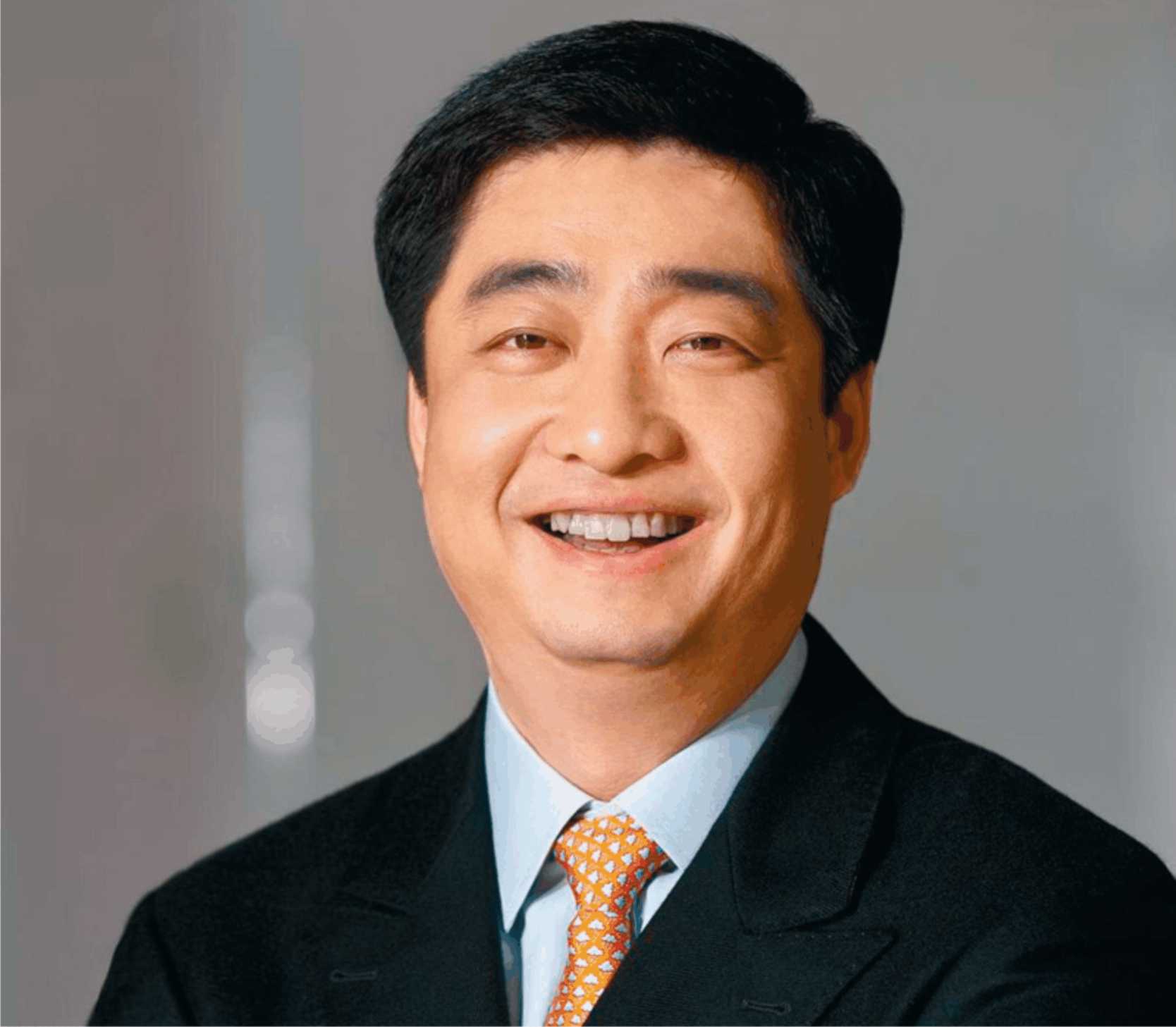By KEN HU
5G mobile technology as the primary enabler of tomorrow’s digital world is building up momentum, with some national governments and the European Union moving decisively to evaluate the technical and regulatory requirements of the coming 5G world.
To build on that momentum, we need to promote 5G in three principal ways. First, we should accelerate technological innovation that creates applications and delivers new experiences.
Accelerating technological innovation is the only way to convince users of 5G’s commercial value. Such innovation may use revolutionary and even disruptive technologies to help 5G deliver new experiences and applications.
For example, virtual reality and immersive communications must become key applications in the 5G era, transforming industries such as gaming, education, virtual design, healthcare, and even art.
In mobile scenarios, realizing such applications with definition as high as that of the human retina will require a resolution of more than 10K, and speed of at least 300Mbps – nearly 100 times the transmission speed of existing HD videos.
Accessing Ultra HD content stored in the cloud will require not just fast downloads, but a 100Mbps uplink bandwidth that is 50 to 100 times the speed of today’s mobile networks. To support applications like self-driving on 5G networks, we must shrink end-to-end latency to one millisecond and ensure 99.999% network reliability. And the right innovations in technologies such as air interface and network architecture will let us triple frequency efficiency.
Second, we should increase cross-industry collaboration in order to deepen innovation in applications and business models.
Compared with telecommunication, 5G-related progress in other industries has been slow. To speed things up, telcos must work closely with other industries to promote 5G development.
In the automotive field, for example, we know that one-millisecond latency theoretically can satisfy the needs for self-driving cars. But the industry has an ultra-high reliability requirement. How can 5G technology meet this standard?
Similar issues exist in other industries, such as healthcare and automatic control. To resolve them, ICT scientists must reach out to other industries to understand their needs, while industry representatives must join discussions on 5G standards and technical indicators.
This collaboration will trigger not just a technological revolution, but a business revolution as well. Just as smartphones and mobile broadband have reshaped the music, entertainment, and even taxi industries, 5G will drive wider changes in the business value chain and create new business models and even industries – in ways that are still hard to forecast right now. Other changes include advances in investment, operation, and value distribution models for 5G networks. Through cross-industry discussion, we can begin to explore the implications of these changes.
And third, governments should open up more spectrum resources to promote 5G development. Currently, the most important thing is to open up spectrum resources.
We predict that, in the 5G era, each operator will need about 100 MHz of spectrum under 6-GHz. There are normally three to five operators in each country. So under 6-GHz, at least 300 to 500 MHz of spectrum will be required.
To meet this demand, we hope that governments and regulators soon enact forward-looking spectrum allocation policies, and that more regulators support spectrum neutrality policies, so that existing spectrums can evolve towards 5G as needed by the industry and operators.
We hope that key stakeholders reach a broader agreement on 5G spectrums at the WRC-15 in November, and that governments allocate more high-quality spectrum resources under 6 GHz to support 5G research and evolution.
The global telecom industry should also work together to negotiate a shared frequency band of at least 500 MHz as the priority for 5G.
Much more than a technology upgrade, 5G will become the platform that enables new applications, new business models, and even new industries. It will also become an enabler of many disruptions.
Although now it is hard to predict how 5G will affect our lives, the combination of technological innovation and human imagination will certainly lead us to a brighter future.
Ken Hu is deputy chairman and rotating CEO at Huawei Technologies

